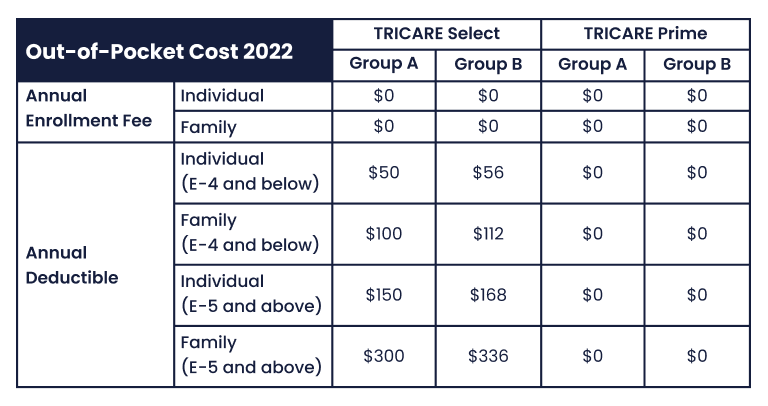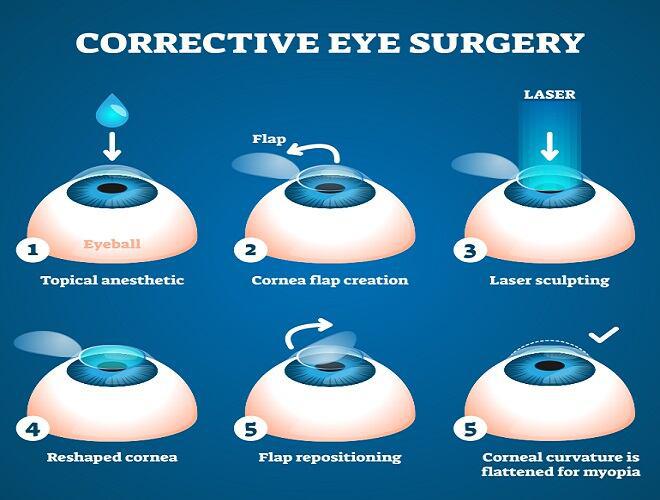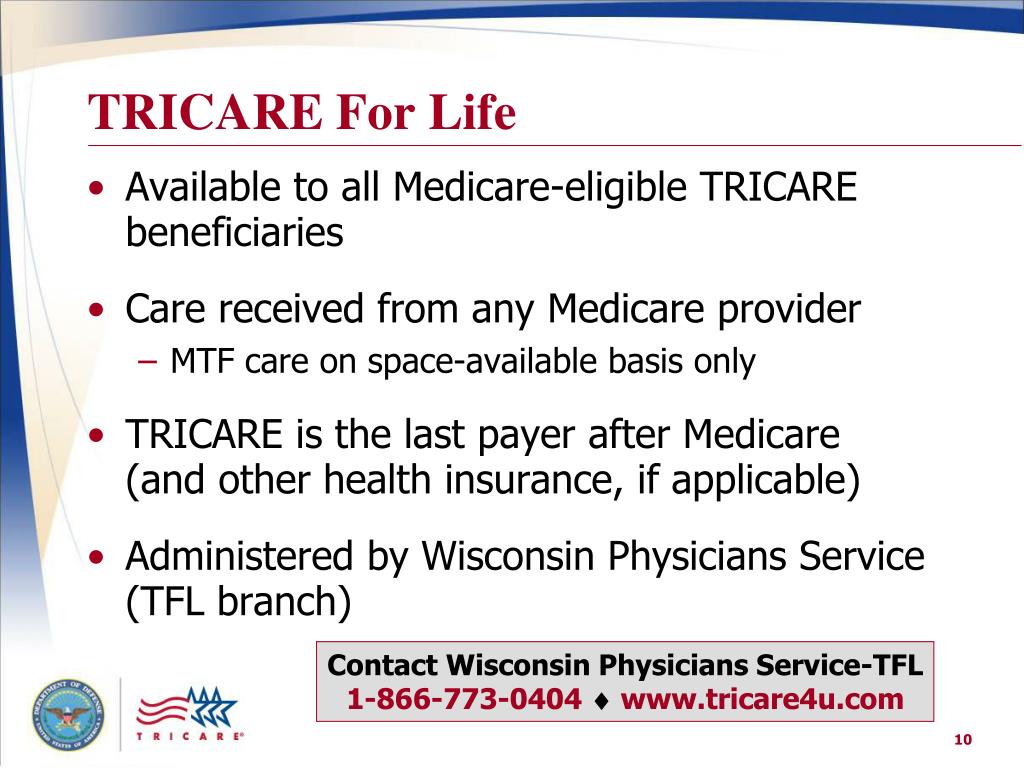Does Tricare Cover Lasik For Dependents

The promise of clearer vision, unburdened by glasses or contacts, is a compelling one. For military families covered by Tricare, this promise hinges on a crucial question: Does Tricare cover the cost of LASIK eye surgery for dependents? The answer, unfortunately, is often more complex than a simple yes or no.
This article delves into the specific details of Tricare's LASIK coverage for dependents, outlining the circumstances under which the procedure may be covered, the eligibility requirements, and the alternative options available to those who don't qualify for full coverage. We will explore the regulations, official statements, and alternative vision correction solutions to offer a comprehensive understanding of this crucial healthcare benefit.
Tricare's Stance on LASIK Coverage
Generally, Tricare considers LASIK to be an elective procedure. As a result, routine LASIK surgery for vision correction is typically not covered for either active duty service members or their dependents.
However, exceptions exist under specific circumstances, primarily for active duty personnel whose vision impairment hinders their ability to perform their duties. These exceptions rarely extend to dependents.
Circumstances for Potential Coverage
While rare for dependents, it's important to understand the conditions under which LASIK might be considered for coverage. If LASIK is deemed medically necessary due to a specific eye condition or injury, pre-authorization is crucial.
This necessity must be clearly documented by a qualified ophthalmologist, and approval is not guaranteed. The stringent criteria for medical necessity rarely apply to dependents seeking vision correction.
Official Statements and Regulations
Tricare's official website and publications clearly outline their policy regarding refractive surgery. These resources consistently state that LASIK is generally not a covered benefit for dependents seeking elective vision correction.
Refer to the Tricare policy manual and contact Tricare directly for the most up-to-date information on coverage guidelines. Policies can change, so confirming the current stance is essential.
Alternatives and Discount Programs
Even if Tricare doesn't cover LASIK, military families have access to other resources to help manage vision correction costs. Several refractive surgeons offer discounts to Tricare beneficiaries.
These discounts can significantly reduce the out-of-pocket expenses associated with LASIK and other vision correction procedures. Research local ophthalmologists and inquire about military discounts.
Vision Insurance Options
Enrolling in a supplemental vision insurance plan can also be a viable alternative. Some vision insurance plans offer coverage or discounts on LASIK procedures.
Carefully review the terms and conditions of any vision insurance plan to understand its specific LASIK coverage policies. Compare plans to find the best option for your needs.
Understanding the Costs
LASIK surgery can be a significant financial investment. Research the average cost of LASIK in your area and factor in pre-operative and post-operative care expenses.
Explore financing options or payment plans offered by LASIK providers to make the procedure more affordable. Consider using a health savings account (HSA) or flexible spending account (FSA) to pay for eligible expenses with pre-tax dollars.
Looking Ahead
While Tricare's current policy generally excludes LASIK coverage for dependents seeking elective vision correction, the landscape of healthcare is constantly evolving. It is important to stay informed about any potential policy changes or updates regarding refractive surgery coverage.
Families can advocate for expanded coverage by contacting their elected officials and sharing their experiences with Tricare. In the meantime, exploring alternative options and taking advantage of available discounts can help make vision correction more accessible and affordable for military dependents.


















